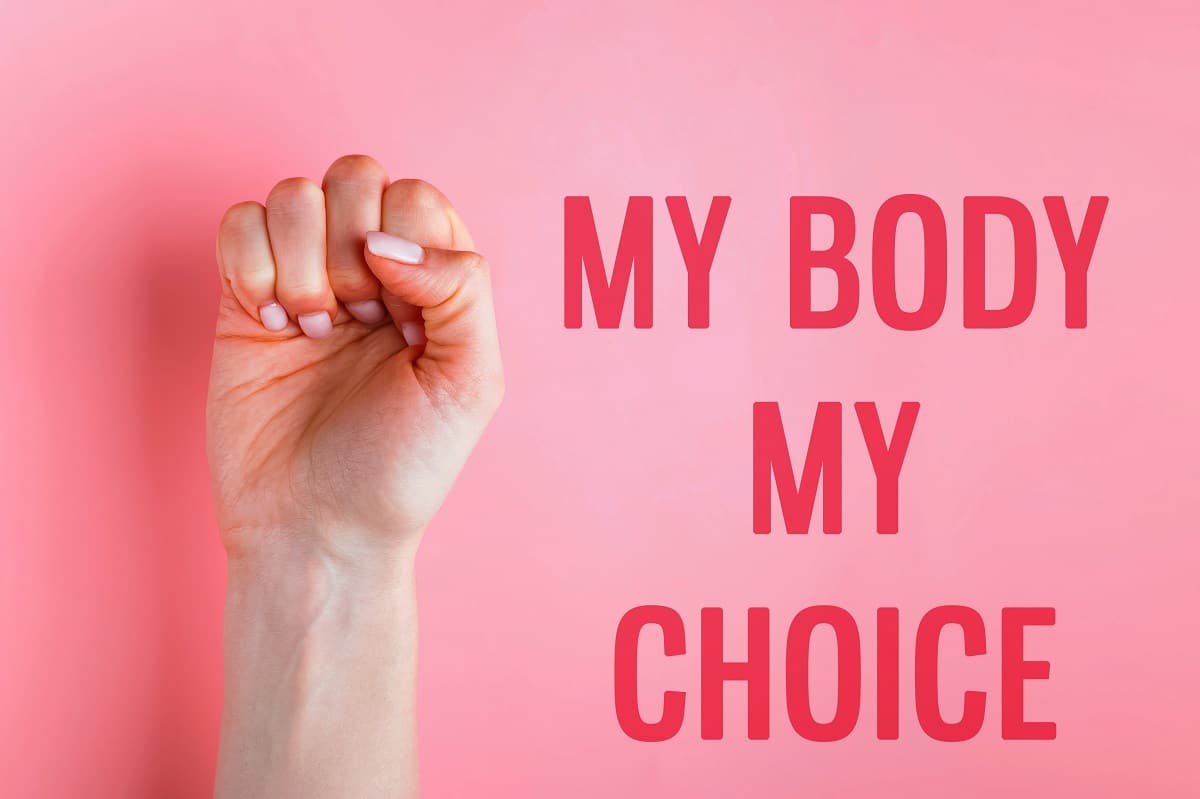In a significant legal development, a Nevada judge recently rejected a ballot measure proposed by Nevadans for Reproductive Freedom. This measure aimed at constitutionally protecting abortion rights, encompassing “all matters relating to pregnancy,” not just abortion. The decision has sparked a mix of reactions and sets the stage for a broader discussion on reproductive rights.
Judge’s Ruling
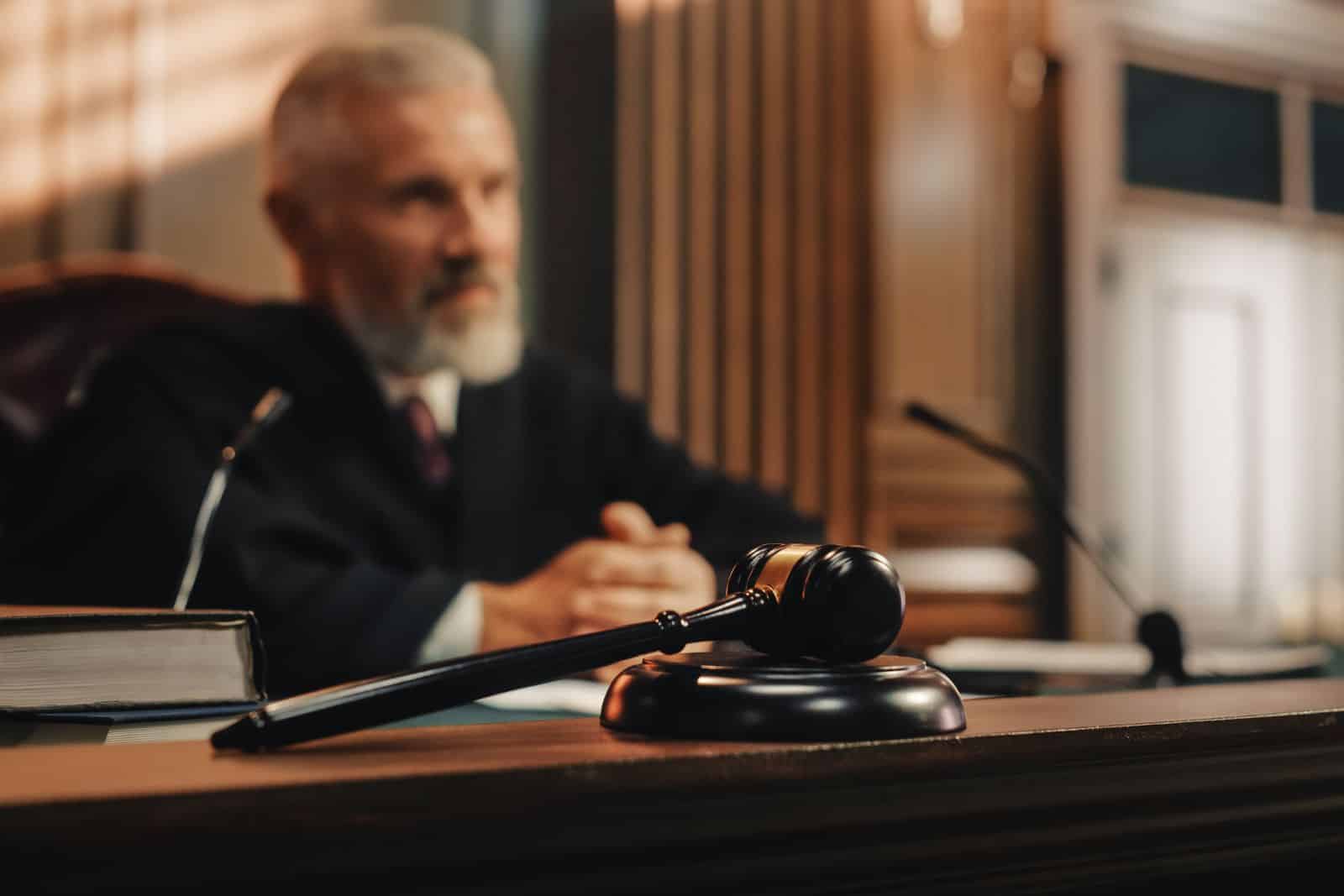
Judge James T. Russell of the Nevada court system ruled against the measure, citing its breadth as the primary issue.
As reported by local ABC affiliate KOLO-TV, Russell found the wording too expansive, conflicting with the state’s single-subject rule for referendums or initiatives, which mandates that such measures focus on only one subject.
The Single-Subject Rule

The single-subject rule, a legislative principle in Nevada, became the crux of this case.
Judge Russell stated, “This is probably the clearest case I have seen that I think there is a violation of the single subject rule,” highlighting the multiple, not functionally related subjects encompassed by the measure.
Contents of the Proposed Amendment

The proposed amendment, detailed by the Nevada Independent, read: “Every individual has a fundamental right to reproductive freedom, which entails the right to make and effectuate decisions about all matters relating to pregnancy…”
This included a wide range of reproductive health aspects, from prenatal care to abortion management.
Reaction from Nevadans for Reproductive Freedom
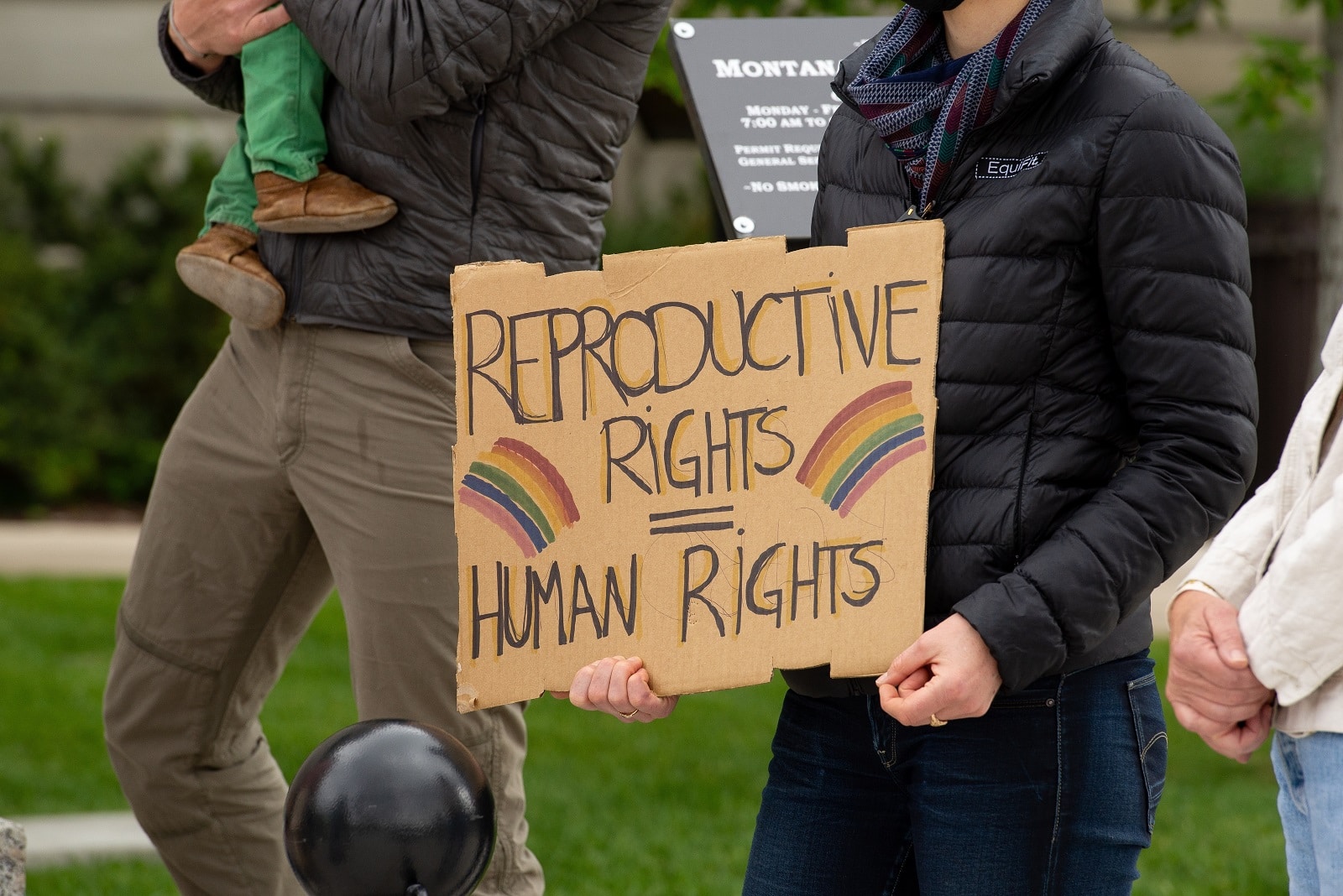
Following the ruling, Lindsey Harmon, president of Nevadans For Reproductive Freedom, expressed disappointment.
Harmon said, “Nevadans overwhelmingly support putting reproductive rights into our state constitution, and voters should be aware that anti-abortion advocates still have plenty of state government allies who are willing to help them undermine reproductive freedom.”
Looking to Appeal
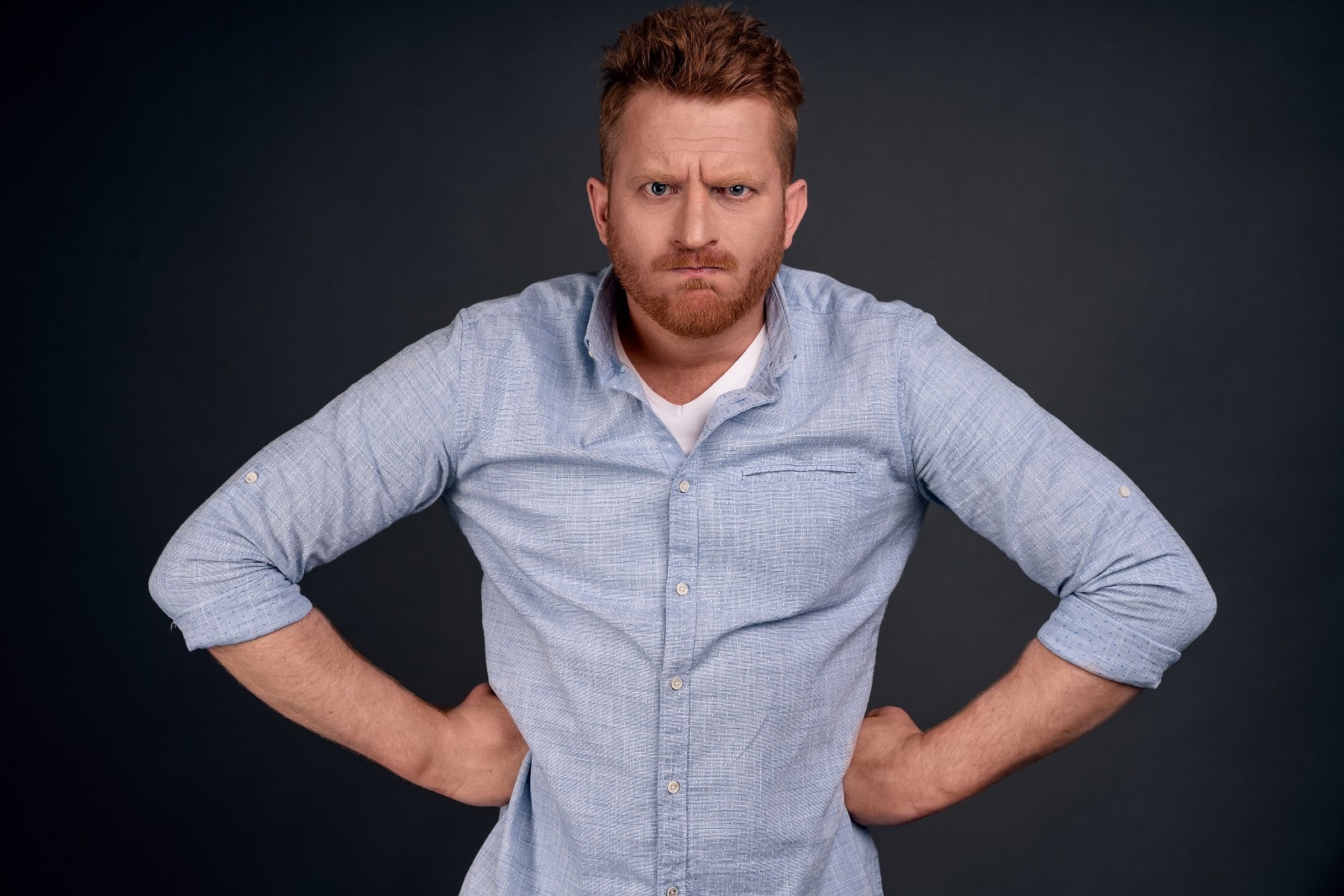
However, Harmon remains resolute in their intent to appeal.
According to the Las Vegas Review-Journal, Harmon emphasized, “We are optimistic about the ballot initiative as a whole, and you know, we plan to appeal this, and we know that in fact, these are all a single subject.”
Post-Roe v. Wade Era
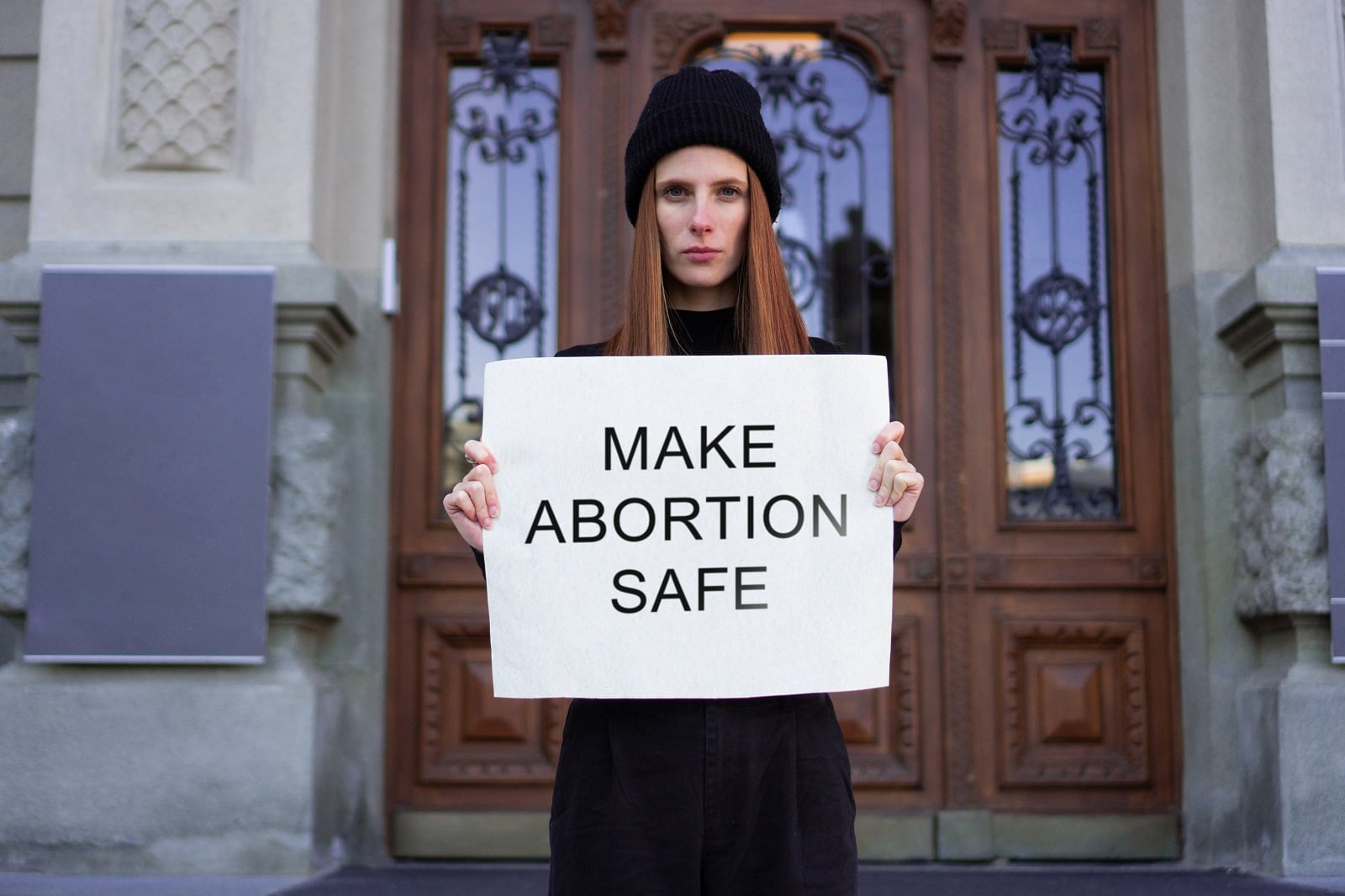
In the broader U.S. context, post-Roe v. Wade, the battle lines over abortion rights have become more pronounced.
States like Kansas and California have witnessed significant public votes on abortion-related measures, reflecting the deep divide and the evolving legal landscape on this issue.
The Role of State Constitutions in Abortion Rights
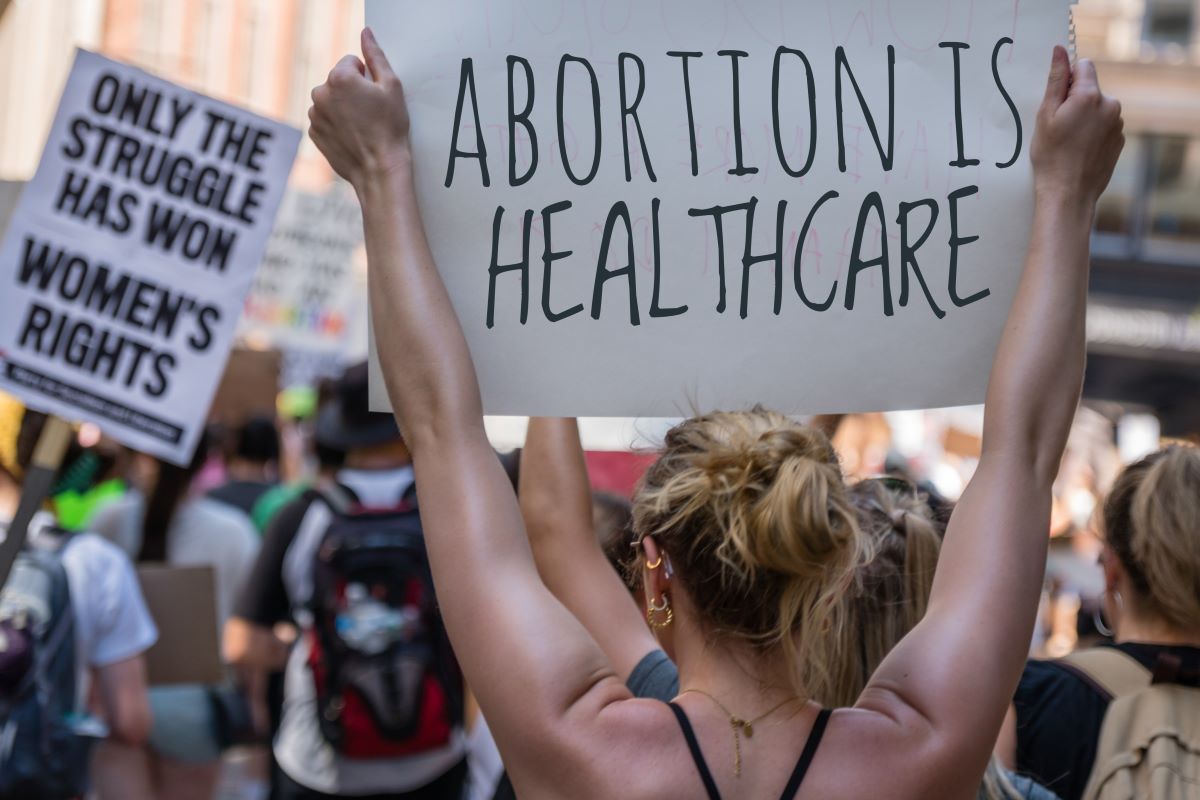
State constitutions have become key battlegrounds for abortion rights.
The Nevada case underlines a trend where states increasingly seek to enshrine these rights constitutionally, as seen in Ohio and other states considering similar amendments.
2024 Outlook: States to Watch

Looking ahead to 2024, states such as Arizona, Florida, Missouri, and South Dakota are expected to be key players in the abortion rights debate.
These states are either proposing or gathering signatures for amendments supportive of abortion rights.
Coalition for Parents and Children PAC’s Opposition
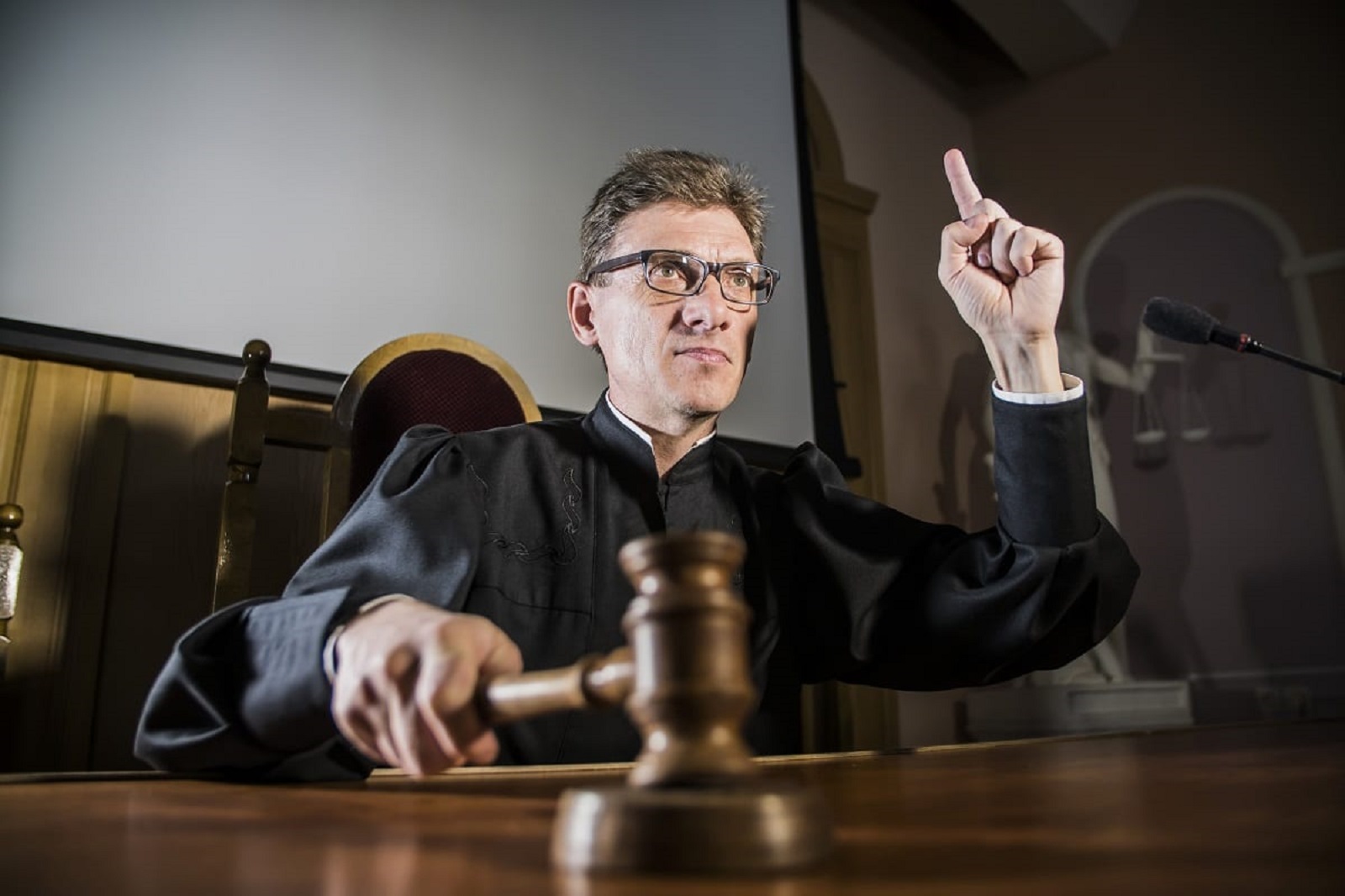
The Coalition for Parents and Children PAC opposed the Nevada measure, with attorney Jason Guinasso arguing that it violated state law by encompassing multiple subjects.
This lawsuit played a pivotal role in Judge Russell’s decision.
Planned Parenthood and ACLU’s Stance

In contrast, entities like Planned Parenthood, the ACLU, and the Nevadans for Reproductive Freedom PAC disagreed with the Coalition for Parents and Children PAC’s argument.
They remain hopeful about the ballot initiative’s future, planning to appeal the decision to the state Supreme Court.
Potential Future Steps
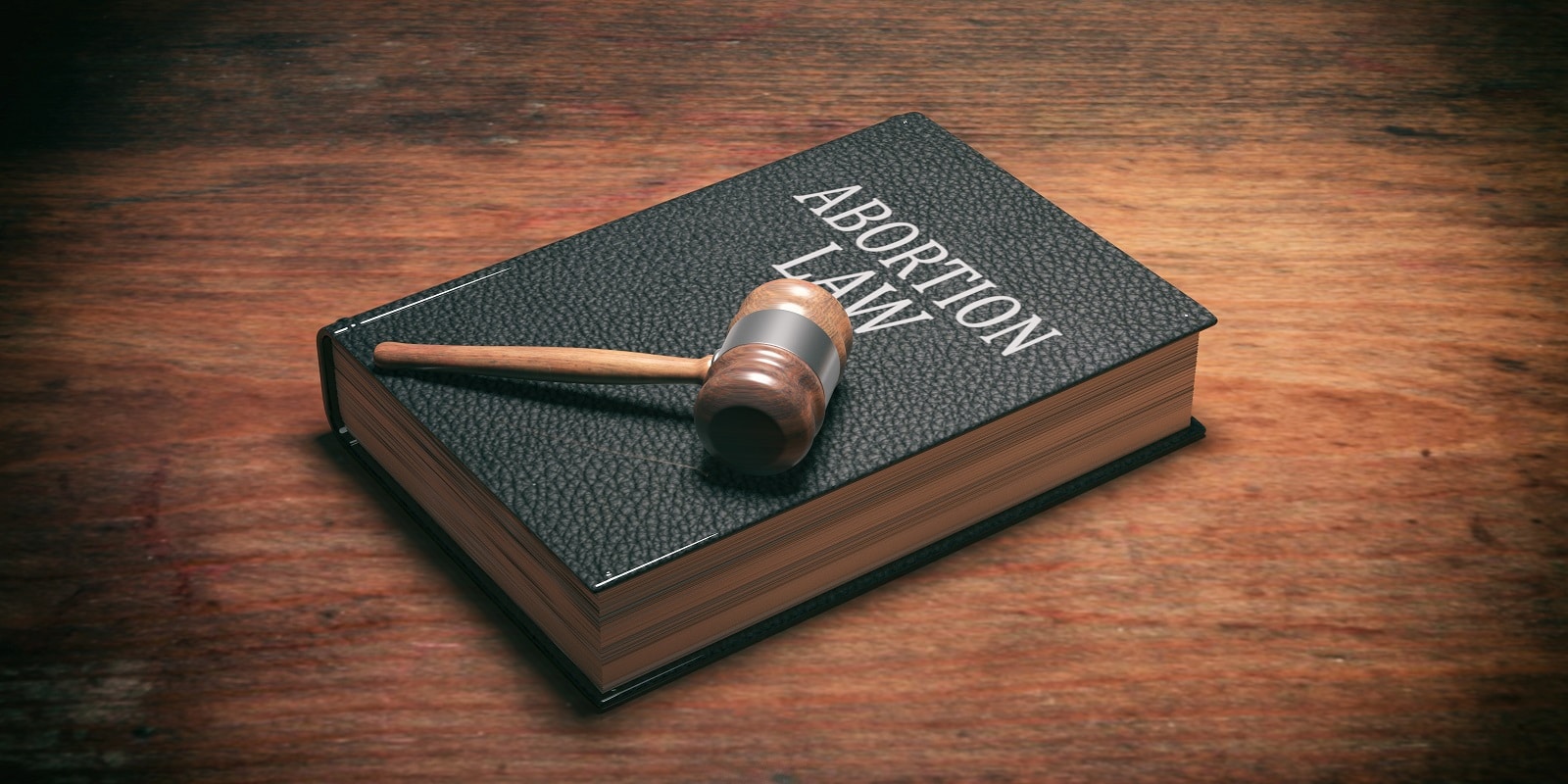
Should the Nevada Supreme Court rule unfavorably, abortion rights proponents may still have a pathway to the ballot.
Gathering over 100,000 signatures by July 2024 could place the issue before voters, a testament to the enduring contentiousness of abortion rights in the political arena.
Public Response
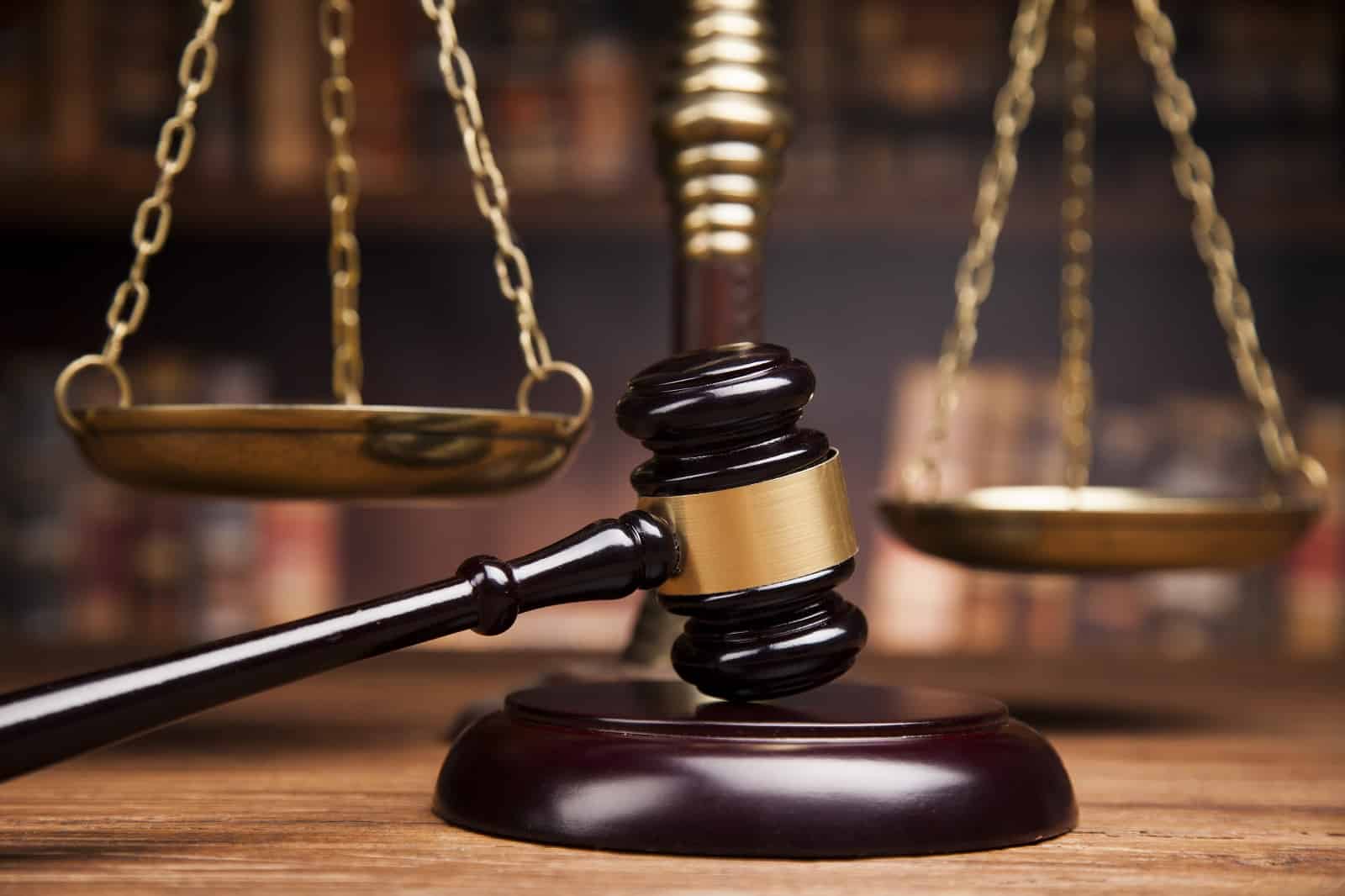
The public response to the Judges decision is as divided as you might expect when considering the controversial debate surrounding abortion in the United States.
One online user commented, “Let the people decide not a male judge. My body my rights”
Good Enough?

However, another user commented, “Abortion is legal up to 24 weeks of pregnancy in Nevada due to a 1990 ballot referendum that codified the protections in state law and the state’s constitution. That seems good enough.”
No Say

A third user wrote, “Seems pretty single-subject to me. When it comes to when, where, or how we reproduce ourselves, the State and Church have no say in the process.”
Wake Up

A fourth user said, “The Neveda Judge stole the voice of the people of Neveda. The legal system is as corrupt as the health care system. Wake up America.”
The post Nevada Judge Rejects Ballot Measure for Constitutional Protection of Abortion Rights first appeared on Wealthy Living.
Featured Image Credit: Shutterstock / Chiociolla . The people shown in the images are for illustrative purposes only, not the actual people featured in the story.

